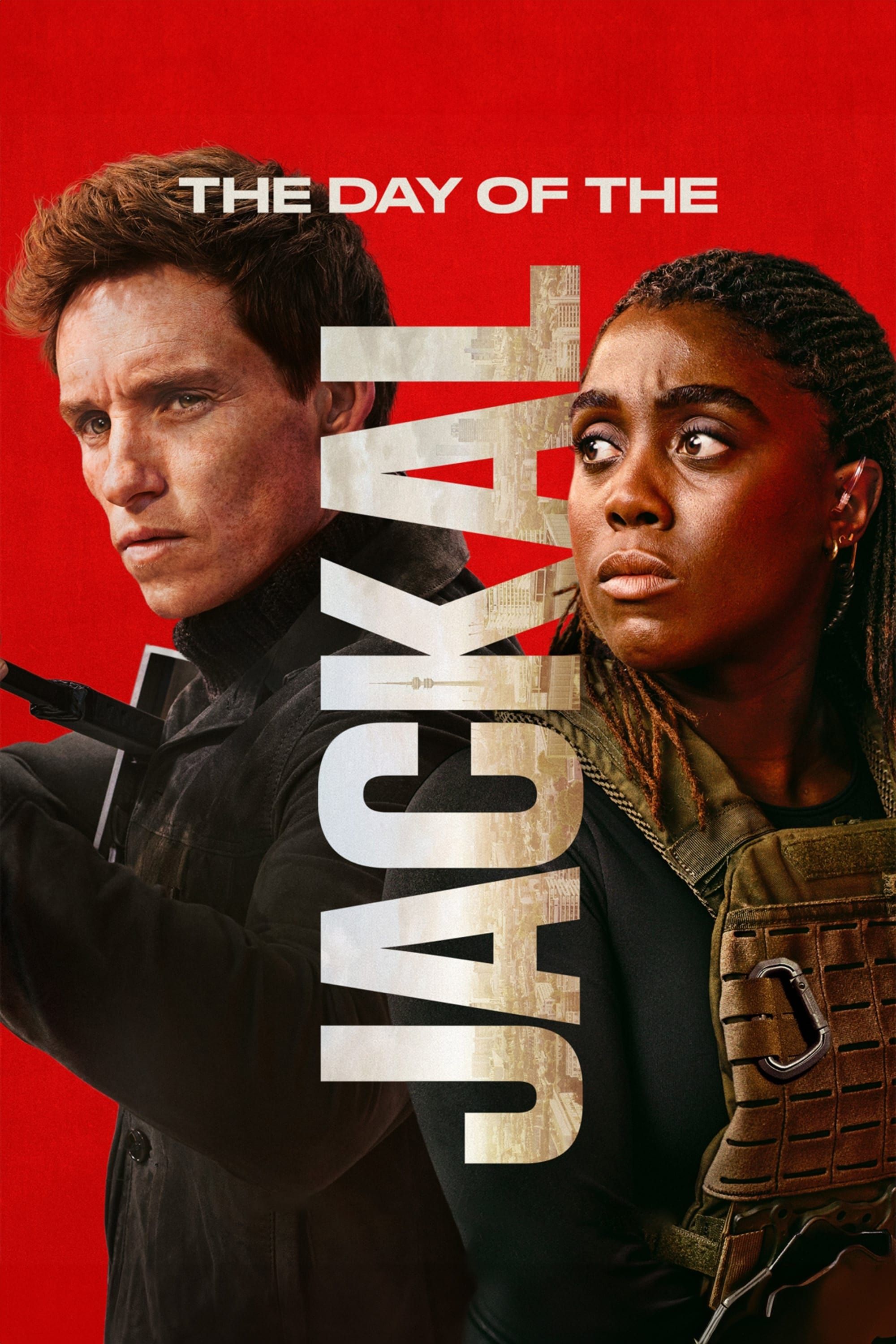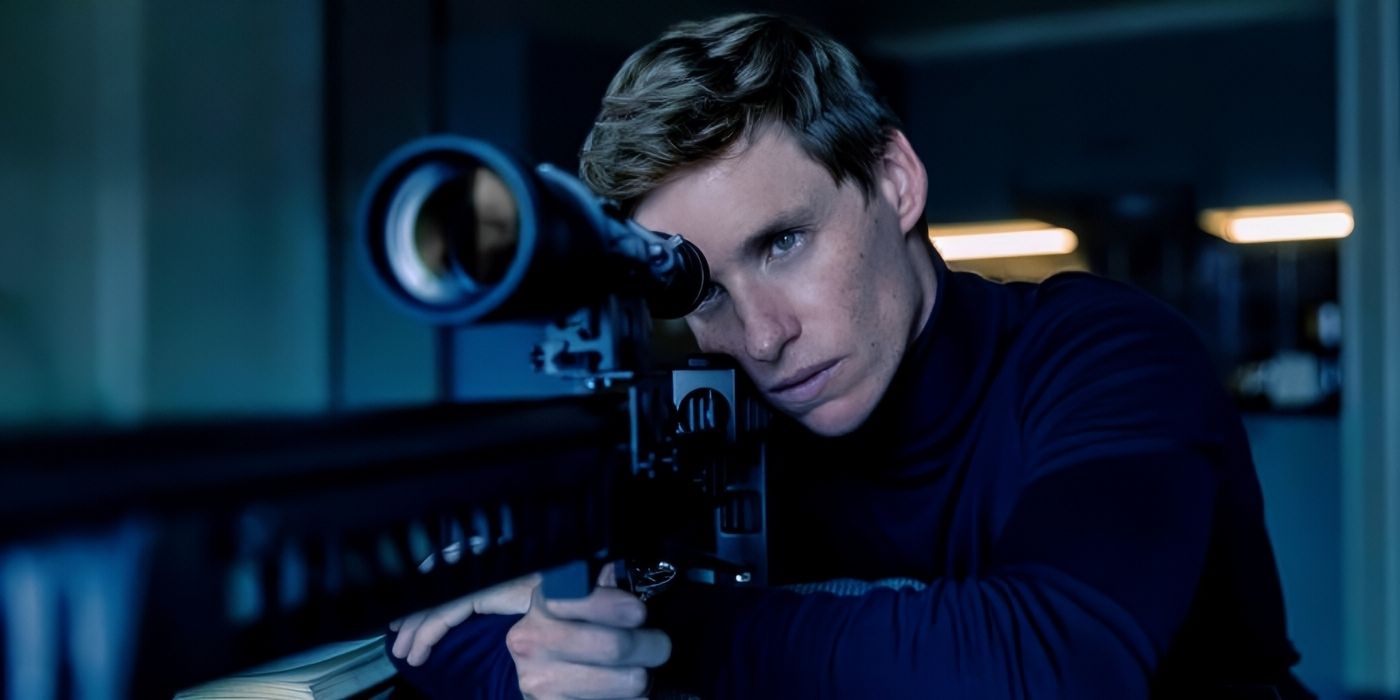
Frederick Forsyth's The Day of the Jackal was first published in 1971 and quickly established itself as a seminal work in the thriller genre, primarily due to its intricate plot and realistic portrayal of political assassinations. The novel follows an unnamed assassin, known only as the Jackal, as he is hired by a far-right organization to assassinate French President Charles de Gaulle. This captivating story has been adapted into film several times, notably the acclaimed 1973 version and the more recent 2024 television series. Each adaptation brings its own interpretations and alterations to Forsyth's original narrative, creating different viewing experiences.
The Original Novel
Forsyth's novel is meticulously structured into three parts: Anatomy of a Plot, Anatomy of a Manhunt, and Anatomy of a Kill. It details the Jackal's complex preparations for the assassination, the French secret service's investigation, and the ultimate attempt on de Gaulle's life. The plot is not only a suspenseful thriller but also explores the intricate dynamics of a politically charged France in the 1960s, particularly after de Gaulle's decision to grant Algeria independence, which enraged many within France, leading to the formation of the OAS (Organisation Armée Secrète)[2][11].
Forsyth's writing combines fiction with realistic elements, drawing on his experiences as a journalist in France. The realistic and procedural nature creates a believable narrative, allowing readers to immerse themselves in the innovative techniques and planning that the Jackal employs for his mission, such as forging identities and acquiring weapons through intricate means[2][11][10]. This blend of detail and suspense makes the novel particularly engaging and serves as a backdrop against which the character dynamics unfold.
The 1973 Film Adaptation

Directed by Fred Zinnemann, the 1973 adaptation of The Day of the Jackal features Edward Fox as the titular character. This version remains praised for its authenticity and tension, capturing the meticulous nature of the Jackal's preparations and the corresponding manhunt led by the French detective Claude Lebel, played by Michel Lonsdale[5][6][9]. The film is noted for its realism and documentary-style approach, focusing heavily on procedural detail and less on dramatization[5].
While the film stays relatively faithful to the novel, there are significant omissions. For example, character backgrounds and subplots present in the book, including the motivations of both the Jackal and the OAS, are streamlined for cinematic pacing[12]. The gruesome complexities that Forsyth embedded into the characters' motivations, particularly the psychological layers of the assassin and the political intricacies of the OAS, are toned down. The film also alters the depiction of female characters, presenting them largely through a lens of objectification, unlike the novel where they have more depth[1][9].
Moreover, the film's tension is derived from a countdown to the assassination day, using clocks and urgent police activities to create suspense, which mirrors the book's structure but simplifies the multi-faceted elements of narrative tension and character development[9]. Despite these differences, Fox’s portrayal of the Jackal as a cool, composed, and morally ambiguous character aligns with Forsyth's intent, also generating a complex relationship with viewers who may find themselves able to empathize with the assassin[5][6][10].
The 2024 Television Series

The latest adaptation arrives as a ten-part television series airing on Peacock, featuring Eddie Redmayne as the Jackal. This series presents a modern twist on the story, shifting the target to a fictional elite tech billionaire and adapting the Jackal into a more sympathetic character in a contemporary setting[1][6]. The series allows for deeper character exploration and a more expansive narrative, providing viewers with an understanding of the Jackal's past life and relationships, including a wife and child, which adds layers to his character that were not present in either the book or the previous films[6][7].
The series also emphasizes themes of morality and complexity, offering an ambiguous portrayal of both the Jackal and his pursuer, MI6 agent Bianca, played by Lashana Lynch. Here, the line between right and wrong becomes blurred, reflecting modern sensibilities regarding character depth and moral ambiguity[4][6][8]. This expansion allows the narrative to explore the political environment and societal issues pertinent to the 21st century, although some critics argue it complicates the primary cat-and-mouse story with excessive subplots[7][8].
Conclusion
Each adaptation of The Day of the Jackal presents unique interpretations of Forsyth's original work. The novel provides a rich, detailed narrative steeped in political intrigue and assassin's psychology. The 1973 film captures the tension of the chase and the assassin's chilling demeanor while sacrificing some of the novel's depth and character complexity. The 2024 series, by contrast, expands upon the narrative significantly, introducing modern themes and character development but potentially straying from the tight focus that made the original story compelling. As a result, while each version shares foundational elements, they showcase the flexibility of Forsyth's story across different media and the evolving cultural contexts in which they are presented.
Get more accurate answers with Super Pandi, upload files, personalized discovery feed, save searches and contribute to the PandiPedia.
Let's look at alternatives:
- Modify the query.
- Start a new thread.
- Remove sources (if manually added).